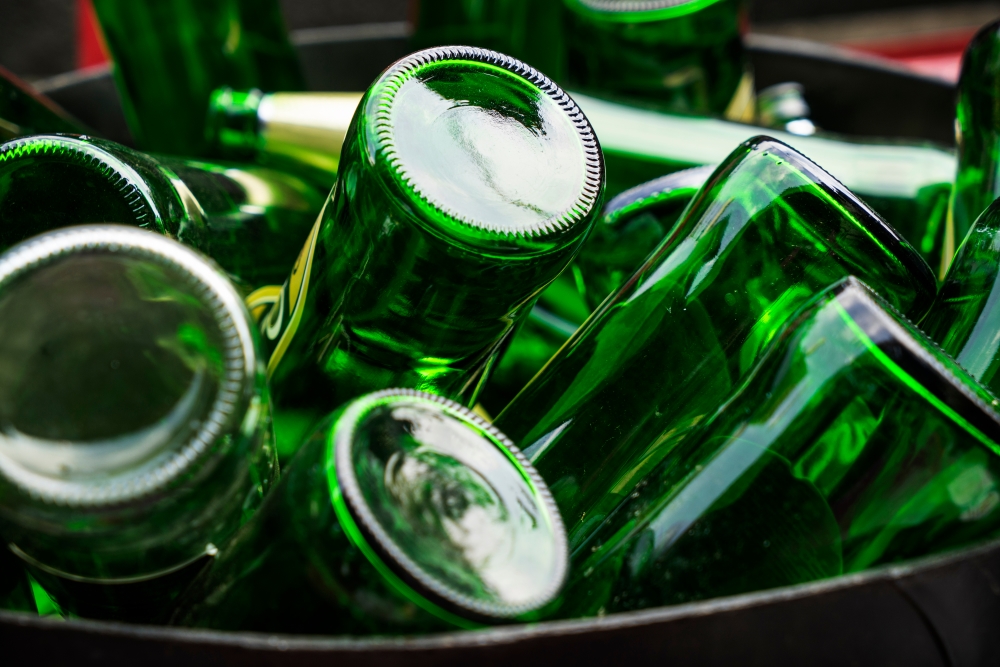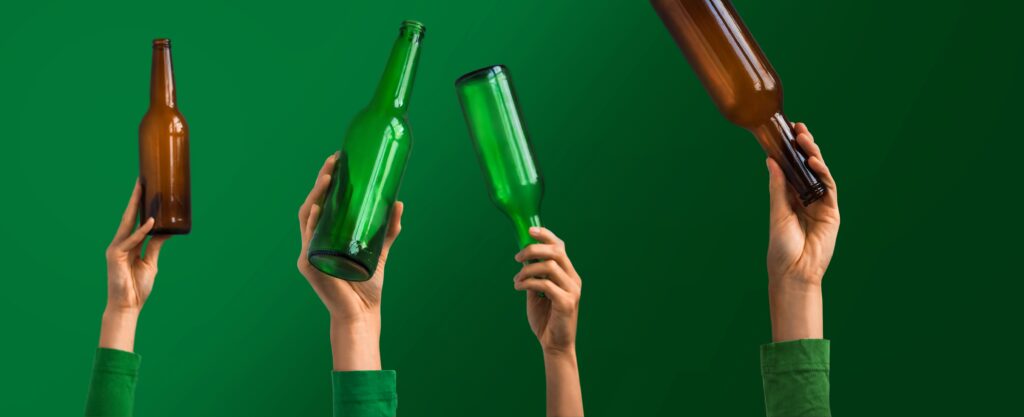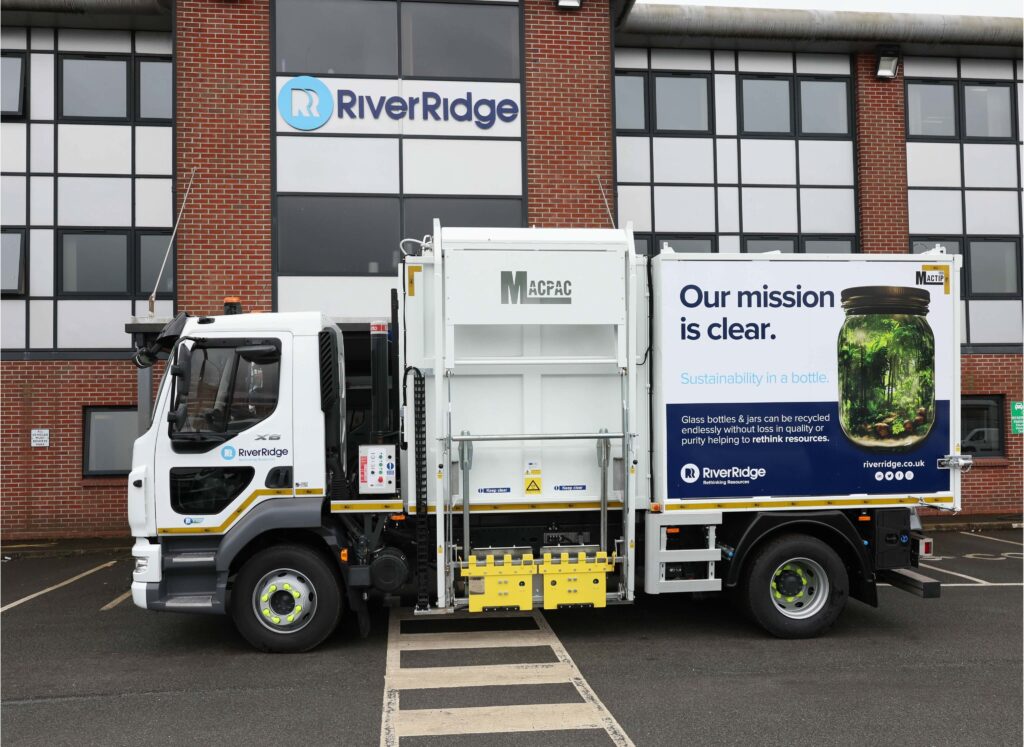Portsmouth is hopeful that the move will help increase its recycling rate by making participation easier for residents in the South coast city, as it does not currently offer glass collections as part of its kerbside recycling service but has a range of banks throughout the city.
Commenting on the plans, councillor Eleanor Scott, the council's cabinet member for the environment, said: “Collecting all colours of glass at any of our bottle banks means they are quicker and easier to use, and fill to their full capacity. We plan to make more collections from local recycling points and put lots more bottle banks around the city.”
The ‘any colour' glass recycling banks will replace the existing bring banks at 48 locations across the city, which currently require three separate banks in order to enable residents to separate the glass into clear, green and brown streams.
And, the council also plans to introduce a further 10 mixed glass banks at a range of locations across the city, including near to flats. It claims these will be easier to find sites for as they require less space.
One of the only other councils in the country to have a made a similar move is Sefton metropolitan borough council which, in 2006, worked with its contractor Viridor to switch to mixed glass bring banks in a bid to reduce the number of glass banks operated by the council and allow it to put in trial bring banks for other materials, such as plastic.
Quality
Glass reprocessors have voiced long-standing support for the colour separation of glass, as it ensures a higher quality of material and enables a larger percentage to be sent for remelt and be manufactured into new bottles.
Due to this, clear and brown colour separated glass currently commands a price of nearly double that of mixed glass, while green glass, because it is more common, is marginally more valuable.
One glass reprocessor, who wished to remain anonymous, told letsrecycle.com that the move to mixed bottle banks would be at the detriment of the quality and branded the council's decision “potty”.
He said: “If you think that the public is doing the separation for you, free of charge, the contractor is now going to have to colour separate it or its going to go for alternative uses like road fill.”
Although, the reprocessor did concede that in instances where space is scarce, companies have previously enabled councils to mix streams but only at a limited number of sites.
Plans
In documents outlining Portsmouth city council's plans in November 2009, the head of environment and public protection at the council claimed that the increased tonnages achieved by the switch could potentially lead to a 0.5% to 1% increase in the city's overall recycling rate.
Despite acknowledging the loss in revenue caused by the switch to a single stream, the report said that this would be offset by additional revenue from increased tonnages at the new banks and disposal savings on being able to extract more glass from the domestic waste stream.
The document indicated that there would be an initial cost of £40,000 from the Waste Infrastructure Capital Grants programme to introduce the mixed glass banks and a £10,000 reduction in profits on glass sold.
Material is collected from the bring banks by Portsmouth's waste contractor Veolia Environmental Services, and taken to a central bulking point at Copnor, to the northeast of the city, before it is sold onto glass reprocessor Recresco. The material is then taken to the company's Southampton Dock site, which has sorting technology to separate glass by colour before sending it for reprocessing.
Kerbside
Portsmouth city council claimed that the inclusion of glass at the kerbside would cost around £500,000 which would be “very high compared with the amount of additional glass that would be collected”.
The council previously rejected proposals to add glass to the kerbside collections in January 2007, as it was seen as too cost prohibitive.
However, information on the council's website explains that it is not included in order to safeguard the quality of paper it collects, as it states dust created by the glass creates issues for the paper mills.








Subscribe for free